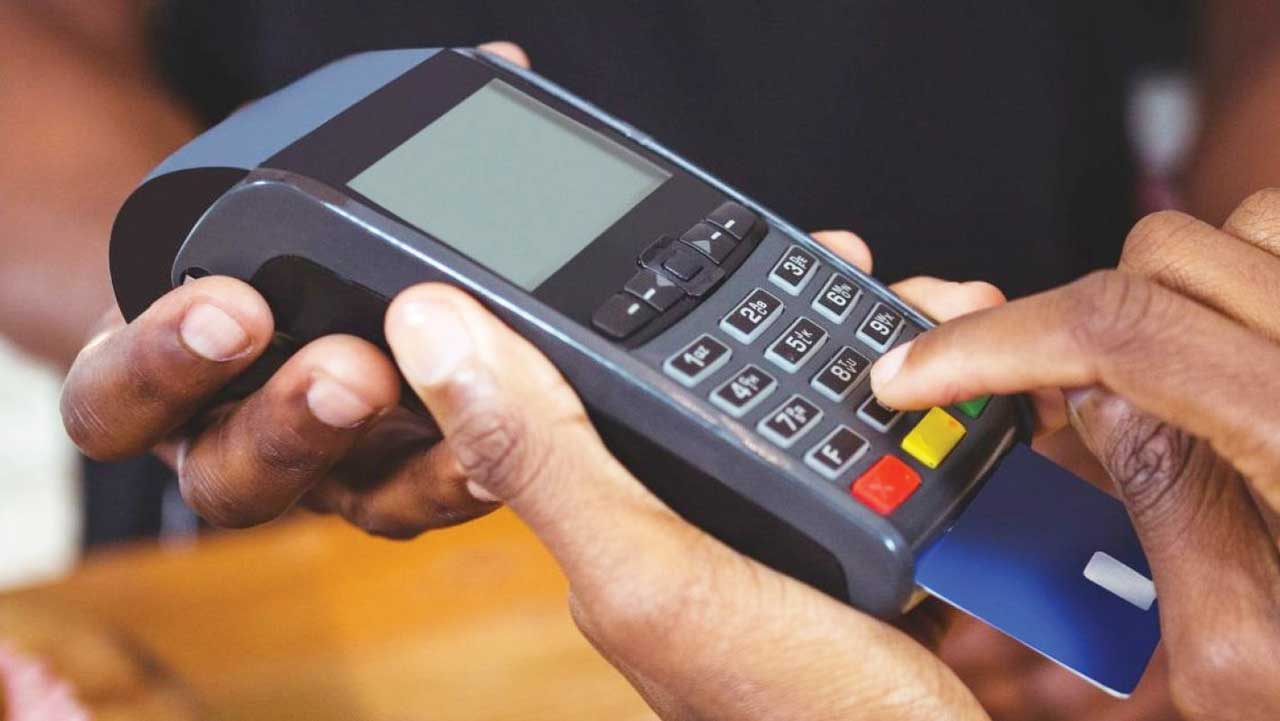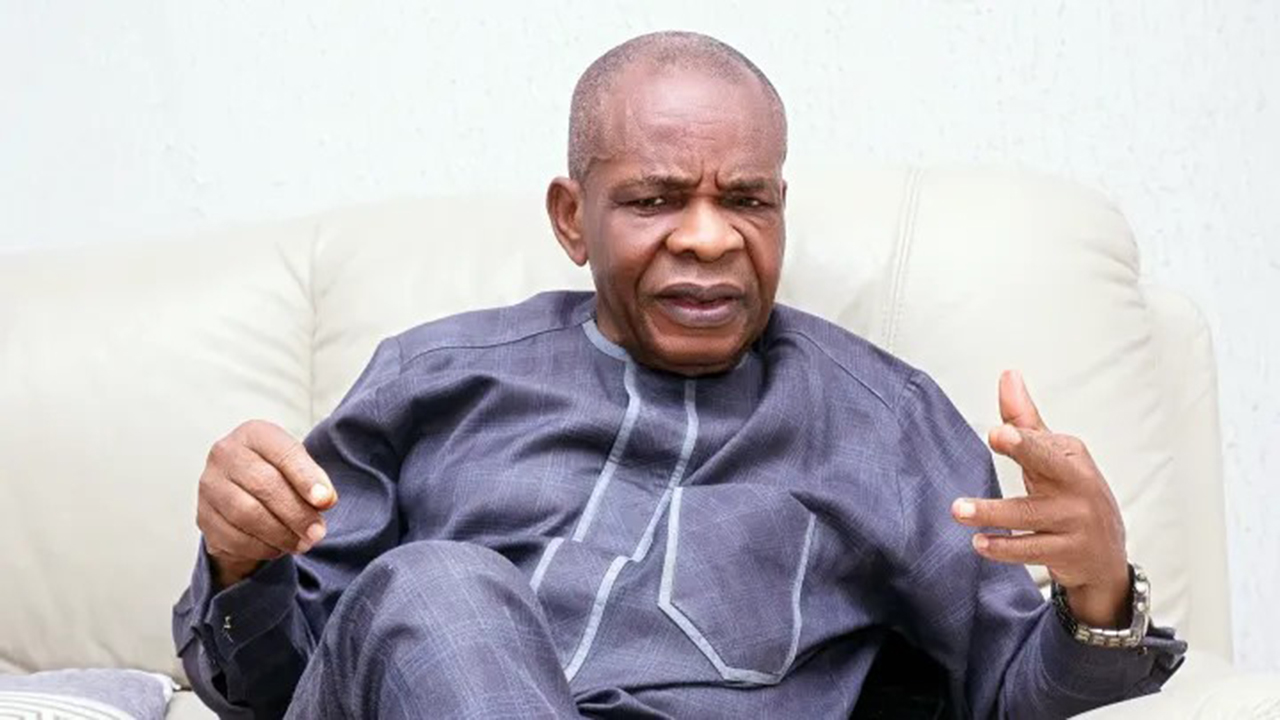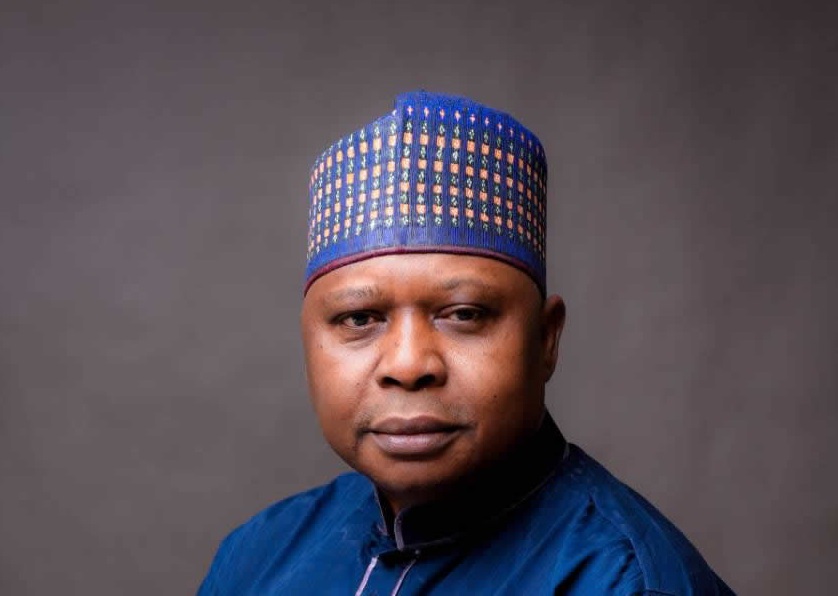The House of Representatives has raised concern over the rising incidence of fraud associated with Point-of-Sale (POS) operations, as lawmakers and industry stakeholders met on Monday to examine growing security, regulatory and economic risks in the sector.
At a resumed investigative hearing at the National Assembly, the Chairman of the House Ad-hoc Committee on the Economic, Regulatory and Security Implications of Cryptocurrency Adoption and POS Operations, Hon. Olufemi Bamisile, said the Committee had been presented with reports of unprofiled agents, cloned terminals, anonymous transactions and weak Know-Your-Customer processes. He said these trends were exposing Nigerians to financial loss, cybercrime and security breaches.
“We are concerned about the growing rise in fraud associated with POS operations. Unprofiled agents, cloned terminals, and weak KYC practices continue to expose citizens to preventable dangers,” he said. He added that the Committee had received credible information that some POS operators were engaging in crypto-related services for which they were not licensed, raising concerns around anti-money laundering, terrorism financing and misuse of payment instruments.
Bamisile also drew attention to reports of fictitious companies registered at the Corporate Affairs Commission, some of which allegedly use the National Identification Number and Bank Verification Number of unsuspecting citizens to open accounts and launder funds through unverified POS channels. “This highlights weak verification mechanisms and underscores the urgent need for a coordinated oversight framework,” he said.
He further disclosed that the Committee would review the storage of customer data on foreign servers by fintech companies, warning that this practice undermines regulators’ capacity to conduct audits, trace suspicious transactions or enforce compliance. “This has direct national security implications, especially in a sector connected to terrorism financing risks and cyber-enabled crimes,” he said.
Bamisile assured operators that the inquiry was intended to strengthen the sector rather than penalise them. “Our mandate is clear: to recommend legislation that will deliver a harmonised regulatory framework, stronger security safeguards, improved consumer protection, and an environment where innovation and investment can flourish responsibly,” he said.
The National President of the Association of Digital Payment and POS Operators of Nigeria, Paul Okafor, said the rapid expansion of the POS sector had outpaced regulatory capacity. He told lawmakers that operators had grown from about 50,000 in 2017 to over 2.3 million in 2025, while oversight structures had grown “by less than 10 per cent.” He warned that this imbalance had contributed to escalating fraud and created a direct national security concern.
Quoting figures from the Nigeria Inter-Bank Settlement System, Okafor said POS, banking and digital-payment channels recorded N17.67bn in fraud losses in 2023, affecting more than 80,000 customers. He said losses rose sharply in 2024 to N52.26bn. “More than 38,000 POS fraud cases were officially reported in one year. Unofficially, we estimate that over 70,000 cases go unreported because victims simply give up,” he said. He added that security agencies in some states had reported that nearly 40 per cent of kidnap ransom payments passed through informal POS channels.
Okafor urged the Committee to recommend immediate regulatory actions, including mandatory Nigeria Police Force–NCCC Cybercrime Clearance Certificates for all POS operators, compulsory CAC registration for POS businesses and compulsory membership of recognised trade associations to support training and self-regulation. He said these measures were consistent with practices in countries such as India, Kenya, Brazil, South Africa and the United Kingdom.
“In Brazil, agent fraud dropped by over 60 per cent after the government mandated police vetting. India, with over five million agents, maintains low fraud rates because verification is non-negotiable. No country leaves its financial system open to millions of operators or puts it in the hands of foreigners without strict controls. Nigeria must not be the exception,” he said.






